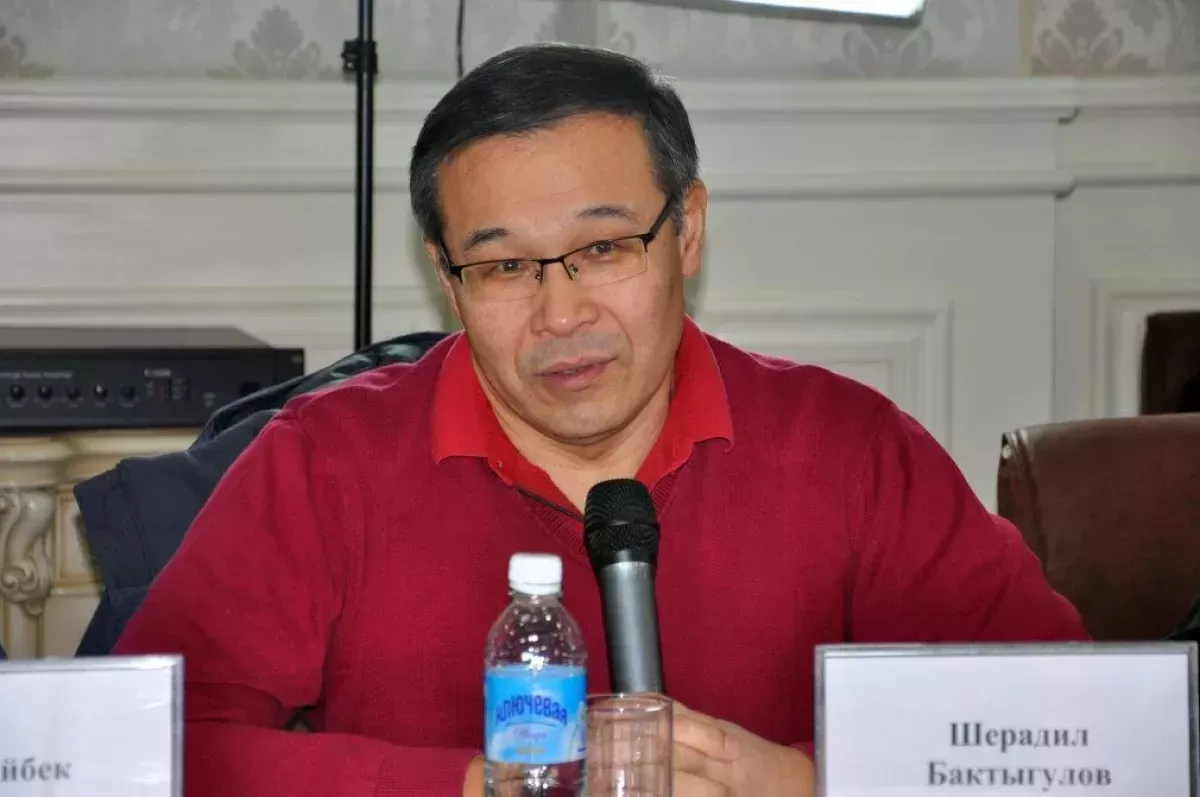USA - China: Testing the waters with an information "leak"? Experts analyse Trump’s policy on Taiwan
Throughout President Joe Biden's term, the world has witnessed escalating tensions between mainland China and the island of Taiwan. On numerous occasions, the tension between them has sparked predictions of an imminent war. Meanwhile, American Democrats have openly supported Taiwan's aspirations and position. However, it now seems that the situation is changing due to a shift in U.S. leadership.
The U.S. Department of Defense has assured that Washington would not oppose the peaceful reunification of the island with mainland China.
"What's important is that whatever direction Taiwan takes in the future, it's in a peaceful direction. If the people on the island want integration with China, and it happens peacefully, fine. We want peace, we want stability. We don't want more conflict," stated Rear Admiral Ben Nicholson, assistant to the Vice Chief of Naval Operations for Operations, Plans, and Strategy.
Thus, under Trump, it seems we are witnessing a shift in U.S. policy towards Taiwan. So, what’s next? Can we now conclude that Washington is moving away from military escalation in the Taiwan Strait? Does this signal that, under the Republicans, the U.S. will reconsider its unwavering support for Taipei? Is there a shift occurring in the broader Asia-Pacific policy?
Foreign experts have shared their insights on these developments with Caliber.Az.

According to Sheradil Baktygulov, Director of the Institute of World Politics (Bishkek), the U.S. understands that the Taiwan issue is a sensitive "pain point" for China.
"Therefore, it is unlikely that the U.S. would agree to lose such an opportunity to exert pressure on China. This is a 'trump card' in U.S.-China negotiations. This fact is confirmed by the statement about the hypothetical U.S. agreement to Taiwan's return to mainland China coming from the military rather than the diplomatic establishment. In this regard, this assumption appears more like an informational 'leak' to gauge Beijing's reaction. Such a leak is necessary to prepare a stance for the upcoming trade negotiations between the U.S. and China. At stake are hundreds of billions of dollars and the leading role of the U.S. in a multipolar world," explains the institute director.
The stakes are very high, he says.
"Based on a combination of American doctrines and the first decisions of U.S. President Trump, the following picture emerges – the world could very well be multipolar, as many countries aspire, but the final word in disputes and negotiations must remain with the U.S. Thus, 'liberal' globalization is being replaced by 'conservative' globalization. Meanwhile, Taiwan’s status will remain a 'bargaining chip' – it is not just about the island, but about leadership in the Asia-Pacific region, which, for most citizens of European and Asian countries, is little known, yet its political and military events, rhetoric, and démarches surpass the processes unfolding in the familiar Eurasian space," notes Baktygulov.

Vladislav Inozemtsev, a Russian political scientist, sociologist, economist, and head of the Centre for Research on Post-Industrial Societies, expressed the view that Washington has never been interested in military confrontation over Taiwan, and a peaceful resolution of the issue has never been excluded.
"In my opinion," said Inozemtsev, "the position that Taiwan can never reunite with mainland China under any circumstances has never existed in America. On the contrary, Washington would likely have always welcomed a peaceful and orderly reunification.”
Regarding the current situation, Inozemtsev remarked, "I wouldn't be quick to say that the position has changed. What we are witnessing is, so to speak, a preference that if reunification were to occur, it would be preferable for it not to be achieved through military means. This is essentially the same stance that has been expressed before."
Inozemtsev believes, "Trump is only changing the rhetoric, but not the core of American policy. Giving something to China, removing agreements between the United States and Taiwan, or abandoning defence agreements – I don't think anyone in Washington wants that at the moment.
This military comment seems, let's say, purely technical to me. I don't see any major changes here," he concludes.








